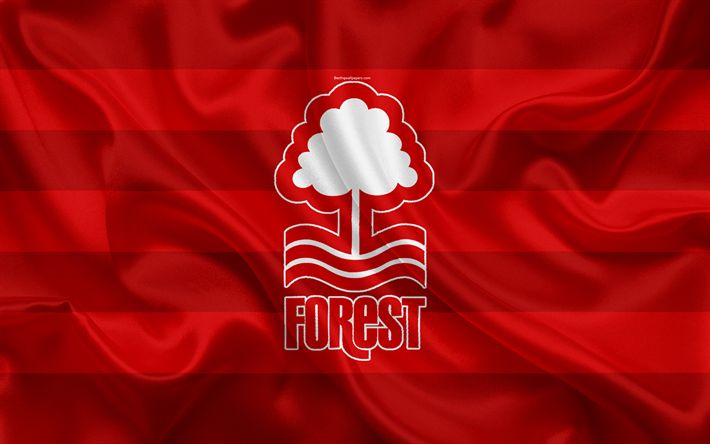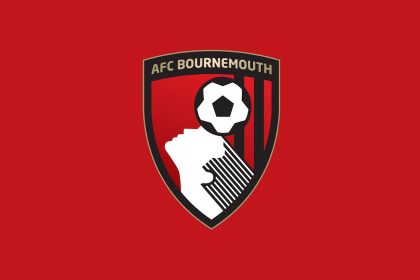
Nottingham Forest Football Club, affectionately known as “Forest,” is one of England’s most iconic clubs. With roots that stretch back to the 19th century, Forest’s legacy is marked by historic achievements, legendary figures, and an enduring connection with its passionate supporters. From lifting European trophies to battling their way back to the Premier League, Nottingham Forest remains a hm88 club built on pride, perseverance, and tradition.
A Club with Deep Roots
Founded in 1865, Nottingham Forest is among the oldest football clubs in the world. Based in the city of Nottingham, they play their home games at the City Ground, a historic stadium on the banks of the River Trent with a capacity of over 30,000. The club joined the Football League in 1892, gradually establishing itself as a competitive team in English football.
The early decades were steady, but it wasn’t until the late 1970s that Forest truly made their mark on the world stage.
The Clough Era: A Football Fairytale
Forest’s most legendary chapter came under the management of the iconic Brian Clough. Taking over in 1975, Clough transformed the club into a footballing powerhouse. In a stunning rise, Forest won promotion to the First Division and then immediately won the English League title in 1977–78 — an extraordinary achievement.
But it didn’t stop there.
Forest went on to win back-to-back European Cups (now UEFA Champions League) in 1979 and 1980, beating Malmö FF and Hamburg respectively. They remain one of only a few English clubs to win Europe’s biggest prize, and they did so while never having previously dominated domestic competition.
This golden era also included:
- 1 First Division title (1977–78)
- 2 European Cups (1979, 1980)
- 2 League Cups (1978, 1979)
- 1 UEFA Super Cup (1979)
- 4 Full Members’ Cup and Anglo-Scottish Cup titles
Total Goals and Scoring Tradition
Throughout their history, Nottingham Forest has scored over 7,000 goals across all competitions. During the Clough era, they were known for their balanced approach — rock-solid defense combined with smart attacking play. Stars like Trevor Francis, John Robertson, and Tony Woodcock helped spearhead their offense during the European glories.
Even in more recent times, Forest has maintained their attacking spirit. Their return to the Premier League in 2022 was fueled by key goals from players like Brennan Johnson, Taiwo Awoniyi, and Morgan Gibbs-White, continuing the legacy of homegrown and rising talent.
The Road Back to the Top
After their success in the ’70s and ’80s, Forest experienced a gradual decline. They were relegated from the Premier League in 1999 and spent more than two decades in the lower tiers of English football. However, the club never lost its identity or fanbase.
In 2022, under manager Steve Cooper, Nottingham Forest earned promotion back to the Premier League via the Championship Playoffs. The promotion marked a dramatic turnaround for a team that was bottom of the table early in the season.
Since then, Forest has focused on building a squad capable of surviving and competing at the highest level, investing in youth, experience, and international talent.
A Loyal Fanbase and Historic Ground
Forest’s fans are among the most dedicated in England. The City Ground is always full of noise, tradition, and hope. The Trent End, especially, is where the most vocal supporters gather to push their team forward.
Whether in League One or the Premier League, Forest supporters stand by their club — a testament to its deep community roots and historic significance.
Final Thoughts
Nottingham Forest’s journey is one of the most compelling in football history — from humble beginnings to European champions, from decline to resurgence. The club’s total of two European Cups, multiple domestic trophies, and thousands of goals scored tells the story of a team that refuses to be forgotten.
Today, as they fight to reestablish themselves in the Premier League, one thing remains certain: Nottingham Forest is a club built on legends, driven by passion, and destined for greatness once again.
